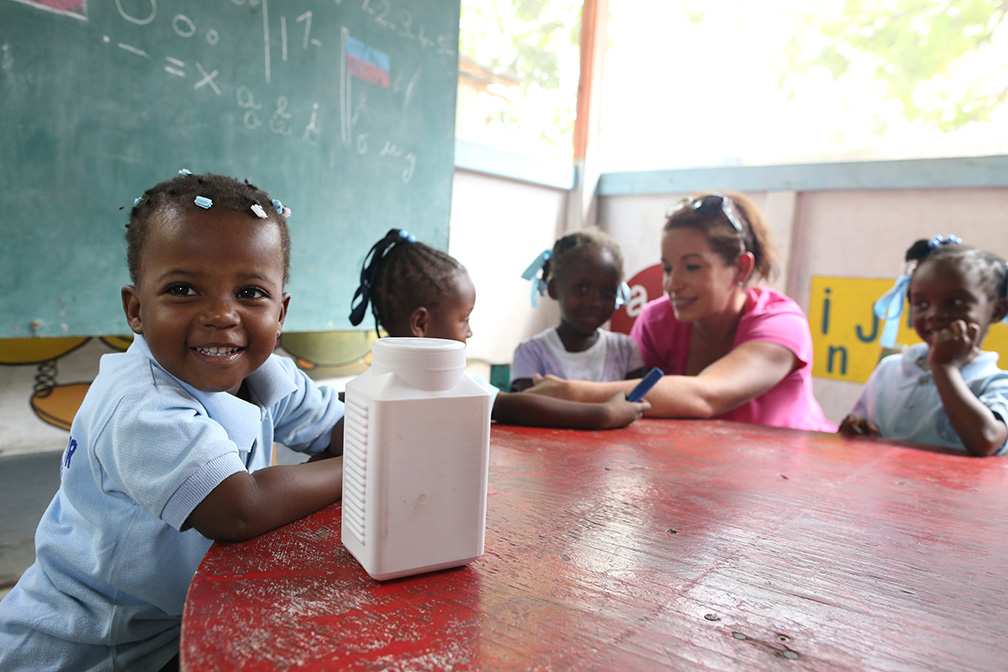In the last couple of months we have made great progress in advancing our mission to de-worm Haiti. Much of Haiti’s population is infected with intestinal worms that can take almost 20% of a person’s daily nutritional intake. This is especially damaging to children who then suffer from malnutrition and even risk death, despite already struggling to be fed.
We have long known that ridding Haiti’s people of intestinal worms is crucial in rebuilding the country. This is why we have advocated for better sanitation and worked to bring clean water to hundreds of communities. In addition to this, we are tackling this problem more heads on with the use of albendazole pills. Albendazole pills can kill intestinal worms in children and adults and are considered some of the most cost-effective ways to combat poverty and promoting health worldwide. The World Bank recommends giving de-worming pills to children in high-risk areas.
We have provided many communities with albendazole pills. Since this year we have been working with Mission Starfish to supply them with the necessary medicine. One nurse wrote a letter thanking us for our help. She had gone to many pharmacies around her town and it was not until she found International Action that she was able to receive the much needed de-worming pills for her children at the medical clinic. More recently, we partnered up with G.O.A.L.S. Haiti who work to rebuild Haiti through soccer. In March we helped them de-worm more than 400 kids in Haiti. Later in May we were able to provide them the albendazole pills for 115 children in Leogane, Haiti. Finally, this past month we helped 322 people, with more being dewormed soon.
It is our goal to help the people of Haiti in this simple and affordable way that makes such a significant difference. Just $50 will purchase 2,500 de-worming pills, which will protect 1,250 children from intestinal worms for one entire year. This initiative increases school attendance by reducing the prevalence of diarrheal disease in children

